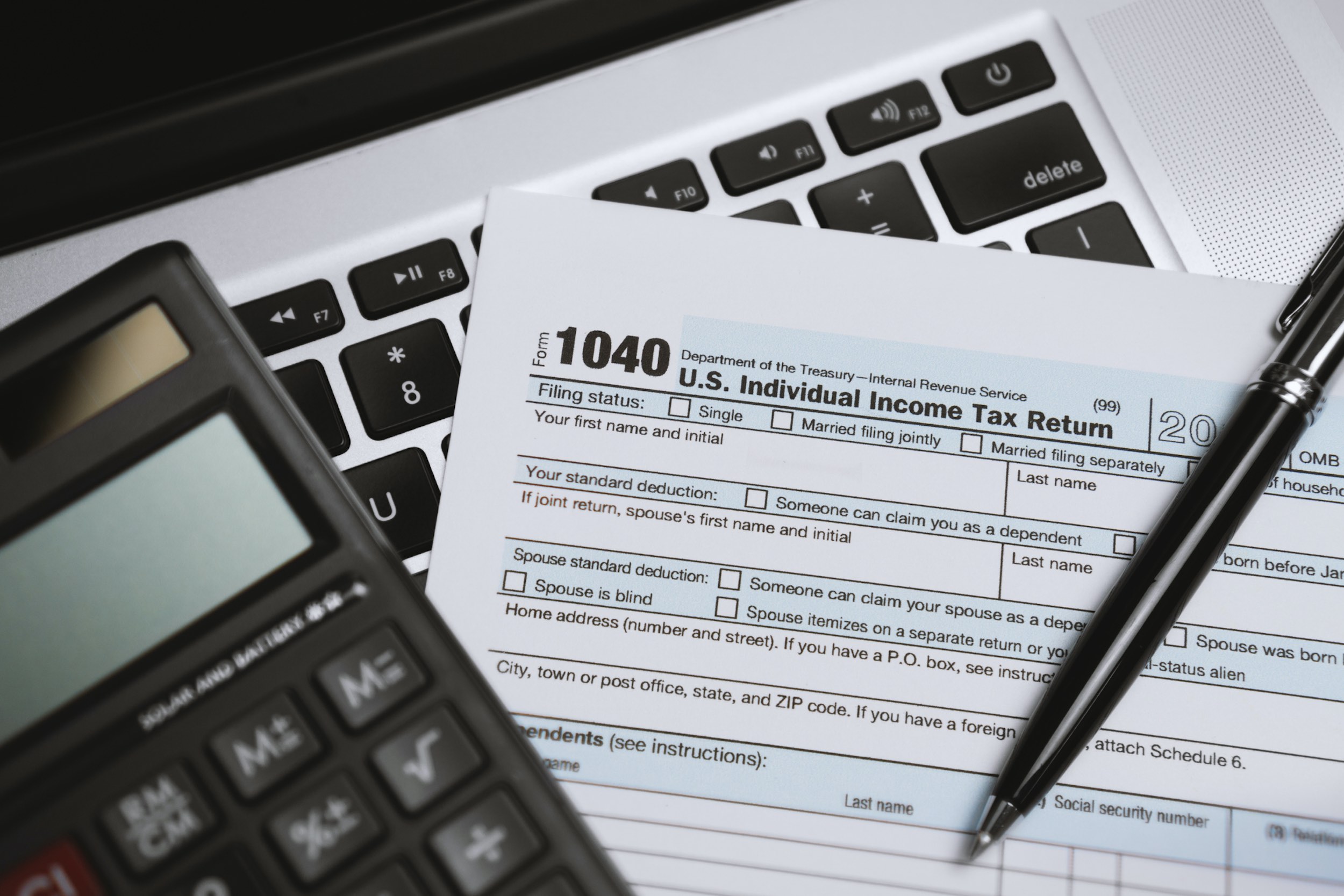Blog
We keep you up to date on the latest tax changes and news in the industry.
Crucial Tax Amendments Seniors Must Consider

As part of recent legislative updates, the Omnibus Budget Reconciliation Bill for 2025 and Beyond, sometimes referred to as the One Big Beautiful Bill Act (OBBBA), introduces pivotal tax reforms specifically for seniors, aimed at enhancing their financial and tax management capabilities. Amongst these adjustments, a prominent feature is a new deduction tailored for individuals aged 65 and above, which provides a $6,000 deduction per qualifying individual, subject to certain income thresholds and joint filing prerequisites. As seniors traverse these evolved opportunities, understanding the broader tax framework—including changes to standard deductions, charitable contributions, and vehicle interest deductions—becomes essential. This article dives deep into the measures that affect seniors, furnishing insights on refining tax strategies to ensure compliance while optimizing benefits.
New Deduction for Seniors: The OBBBA unveils a dedicated senior deduction aimed at delivering tax relief to older taxpayers. This provision supplants the proposed exemption of Social Security income from taxation, which failed to proceed due to the Congressional Budget Reconciliation limitations.

This new deduction is accessible to individuals aged 65 and older, with an amount set at $12,000 for married couples filing jointly when both spouses qualify, and $6,000 for single filers. However, the benefit phases out for those with a Modified Adjusted Gross Income (MAGI) surpassing $75,000, or $150,000 for joint filers, reducing by 6% of the excess MAGI. For instance, a 65-year-old with a MAGI of $80,000 would see their $6,000 deduction reduced to $5,700. The deduction fully phases out when income surpasses $175,000 for singles and $250,000 for married couples filing jointly.
This above-the-line deduction is claimable regardless of whether taxpayers choose the standard deduction or itemize, valid for taxable years from 2025 to 2028. It's a legislative solution to ease fiscal strain on seniors, particularly those still subject to taxable Social Security benefits.
Revised Gambling Loss Deduction: Changes to the gambling loss deduction limit taxpayers to deducting up to 90% of their losses, impacting the taxable income of senior recreational gamblers. As gambling income affects Social Security benefit taxation and Medicare premiums, seniors need to consider how these losses interact with their total taxes.

Enhanced Standard Deductions: The OBBBA permanently enhances standard deductions for seniors and others, adding $750 for single filers, $1,125 for heads of household, and $1,500 for married joint filers. In 2025, these deductions are pegged at $31,500 for married couples, $23,625 for heads of household, and $15,750 for singles or separate filers. Seniors can claim an additional $2,000 bump if single or head of household, and $1,600 per eligible spouse for joint filers, in addition to the new senior deduction.
Inflation-adjusted enhancements aim to curb financial stress on fixed-income seniors, fostering better retention of earned income.
Tax Rates: Stabilizing tax rates with periodic inflation adjustments benefits seniors, particularly those dependent on fixed incomes, by mitigating bracket creep. Preserving existing rates while indexing for inflation ensures seniors avoid tax hikes tied solely to inflationary pressures, promoting ongoing economic stability in retirement.
Interest Deductions on Car Loans: For 2025 to 2028, seniors can deduct interest on loans for US-assembled vehicles, provided the vehicle purchase follows December 31, 2024. This deduction applies regardless of itemized or standard deductions, with a ceiling of $10,000 annually, covering cars, minivans, SUVs, and motorcycles of specific weight. Recreational vehicles, including RVs and campers, are excluded.

Charitable Contributions: Newly introduced is a charitable deduction beneficial to seniors less likely to itemize. This above-the-line deduction entitles individuals to a $1,000 and couples to a $2,000 deduction for cash, check, or card donations. The aim is to incentivize contributions and provide tax relief outside the threshold for itemizing. Standard documentation rules remain applicable.
Environmental Credits: Seniors investing in renewable technologies should note the bill’s accelerated phase-out of environment-linked tax credits. Credits for electric vehicles abate post-September 30, 2025, and for solar systems or energy-efficient upgrades, they cease after December 31, 2025. Being aware of these timelines is key to aligning purchases with tax planning and avoiding unforeseen financial pitfalls.
In dealing with these intricate new laws, exercise caution to safeguard against scams targeting seniors, posing as legitimate opportunities. Always scrutinize unexpected emails, phone calls, and seek advice from a trusted professional or family member if uncertain. These steps are vital to keeping personal finances secure against deceptive tactics.
Should you wish to explore these tax amendments further or seek professional guidance, do not hesitate to contact our office.
Sign up for our newsletter.
Each month, we will send you a roundup of our latest blog content covering the tax and accounting tips & insights you need to know.
We care about the protection of your data.